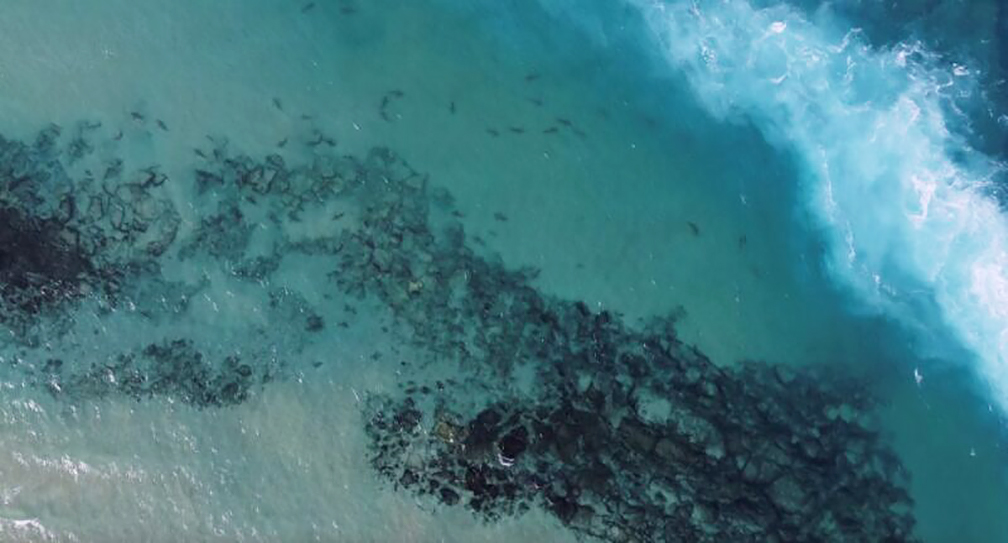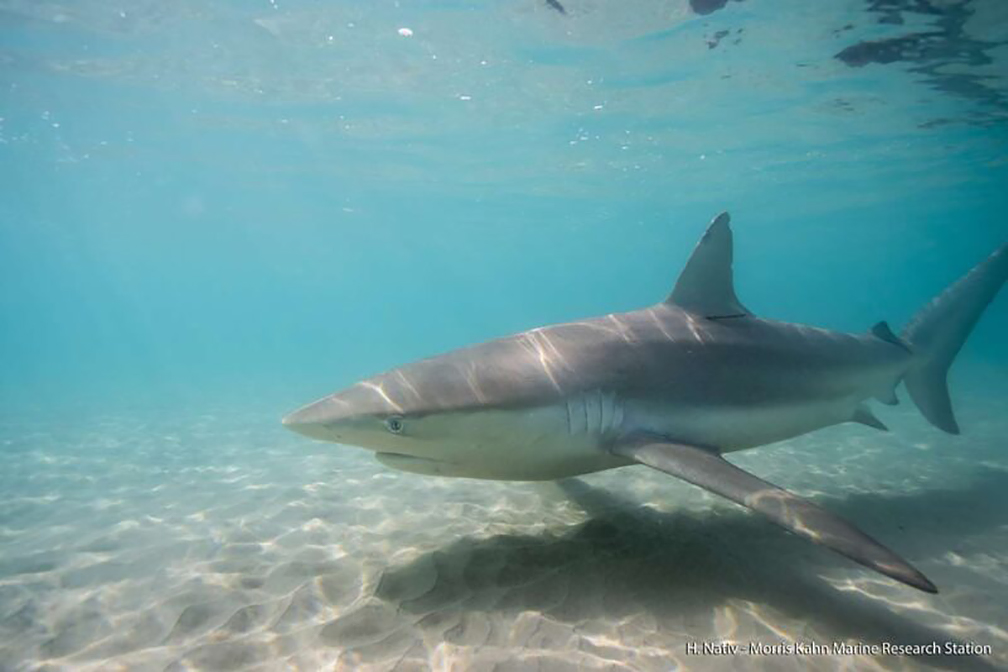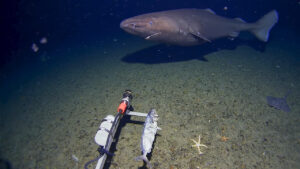The waters off Israel’s Hadera Beach swarm with dusky sharks, drawn in by the warm water from the nearby Orot Rabin Power Station. Usually, the sharks are harmless. No deadly shark attacks have occurred in Israel since 1948. But in April this year, a shocking shark attack took place, and it seems that humans might be to blame.
On April 21, a 40-year-old snorkeler was swimming close to the sharks with his GoPro, about 100m from shore. Suddenly, the man’s curiosity turned into catastrophe. Videos show the man struggling in the water while onlookers scream for help, shouting that he is being attacked.
“I was in the water, I saw blood, and there were screams,” a witness told Ynet News.
He wasn’t being reckless by approaching them. This is the first time that dusky sharks have ever killed a person. Biologists have studied the footage to understand what happened. The dusky sharks’ usual diet is small fish and crustaceans, and in this patch of water, they are fairly used to the presence of humans. This type of behavior is unprecedented. But the footage shows at least two sharks initiated the attack.

Aerial view of the dusky sharks at Hadera. Photo: Envato Elements
GoPro trigger
Researchers believe that the GoPro might have been the reason for the attack. The sharks could have picked up its electromagnetic signal and thought it was prey. In an attempt to get the GoPro, the sharks bit the man it was attached to.
The biologists believe this was unintentional, but the release of blood into the water triggered a feeding frenzy, which drew in multiple sharks, including smaller sandbar sharks.
The sharks’ instinct to compete for food overrode their usual indifference towards humans. In a new study, researchers think the problem lies in the dusky sharks’ altered behavior around humans. The sharks in this area sometimes approach humans and “beg” for food. Tourists wading out to get a better look at them oblige by bringing out scraps of food.
The lack of regulations around interacting with the sharks might have precipitated this attack, the study suggests. Marine biologist and co-author Kristian Parton explained: “To make shark-watching tourism safer, local authorities need to eliminate the begging behavior in sharks. [This] can only be achieved by establishing and enforcing a complete and total ban on all artificial feeding by the public, as well as banning spearfishing, which can often fuel the impulse in sharks to obtain food from humans.”
He warns against draconian responses like culling the number of sharks in the area.






